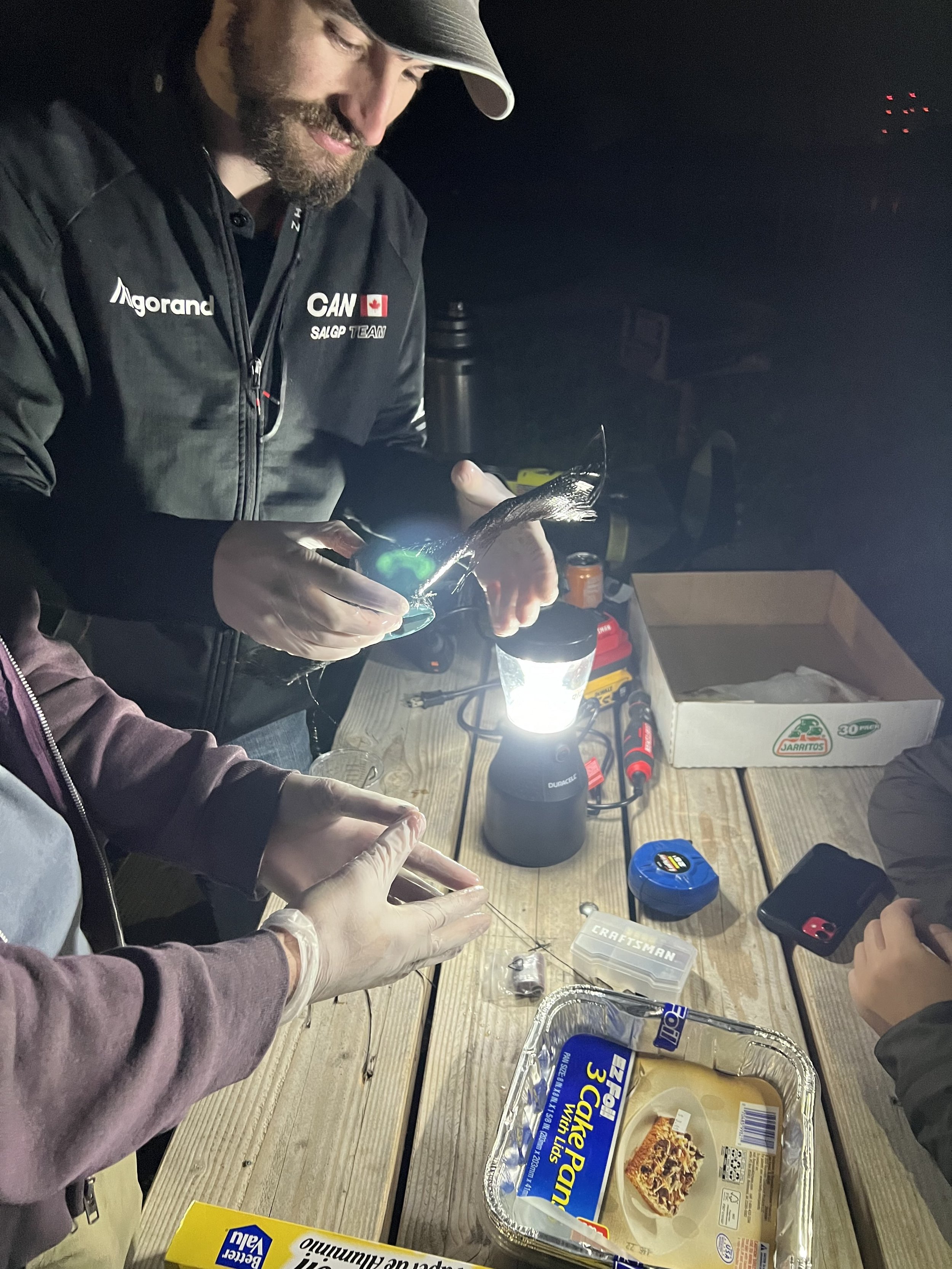SMUD Solar Regatta – Solar Boat Engineering Project (2024)
City College of San Francisco's Engineering Club continued its tradition of excellence at the 2024 SMUD California Solar Regatta, held at the scenic Rancho Seco Recreational Area near Sacramento. This annual competition, hosted by the Sacramento Municipal Utility District (SMUD), challenges student teams from colleges and high schools across California to design, build, and race solar-powered boats. The event includes three major races: a 100-meter sprint powered directly by solar energy, a slalom course testing maneuverability, and a 25-minute endurance race using battery power. Teams are also judged on technical reports, craftsmanship, and sustainability presentations, making it a comprehensive test of engineering skill and project management.
Since 2016, CCSF has consistently ranked among the top-performing teams. From 2017 to 2022, the club earned numerous accolades including several Regatta Cup championships and category-specific awards like Best Mechanical Design, Fastest Sprint Time, and Best Electrical Design. These past successes laid a strong foundation for continued innovation and performance in 2024.
Team Structure and Project Overview The Solar Regatta project is a student-led initiative under the CCSF Engineering Club and is open to students of all majors. A student project manager or club president coordinates sub-teams (electrical, mechanical, etc.) with support from faculty advisor Keith Mueller. Designs are refined annually. In 2024, the team built a solar-powered boat on a 15-foot inflatable paddleboard platform with a lightweight 80/20 aluminum frame. The project emphasizes marine engineering, collaborative problem-solving, and hands-on fabrication and testing.
Engineering Challenges and Innovations
Electrical System & Power Management: As electrical lead, you oversaw the integration of the solar array, batteries, and a custom-built control system. The power system featured MPPT optimization and efficient wiring to ensure stable performance across all race conditions.
Hull Design & Fabrication: The inflatable paddleboard base was reinforced with a rigid aluminum frame, supporting rotating solar panels mounted on lazy susans for optimal sun exposure. The panels were linked with a steel cable and doubled as rudder mounts to save weight.
Propulsion and Propeller Design: You developed and fabricated a custom propeller using JavaProp and MATLAB scripting, 3D printing the form and wrapping it in carbon fiber. A waterproof brushless DC motor and programmable VESC controller powered the drivetrain, which was calibrated with custom motor settings for efficiency.
On-Site Troubleshooting: Challenges included trimming and rewrapping the propeller onsite and curing epoxy in cold weather using a tray of warm water and a hair dryer. The team also implemented ground communication and real-time data logging.
Competition Results and Takeaways At the 2024 Regatta, CCSF competed in all three events: sprint, slalom, and endurance. The team secured first-place finishes in both the slalom and sprint races, demonstrating superior maneuverability and speed. In the endurance race, the team completed the full 25-minute heat without technical issues, showcasing the boat’s reliability and energy efficiency. Additionally, CCSF received the Best Design – Drive Train award, recognizing the team's innovative and efficient propulsion system. The project served as a capstone experience, integrating electrical engineering, propulsion design, and systems integration under real-world constraints and timelines.






